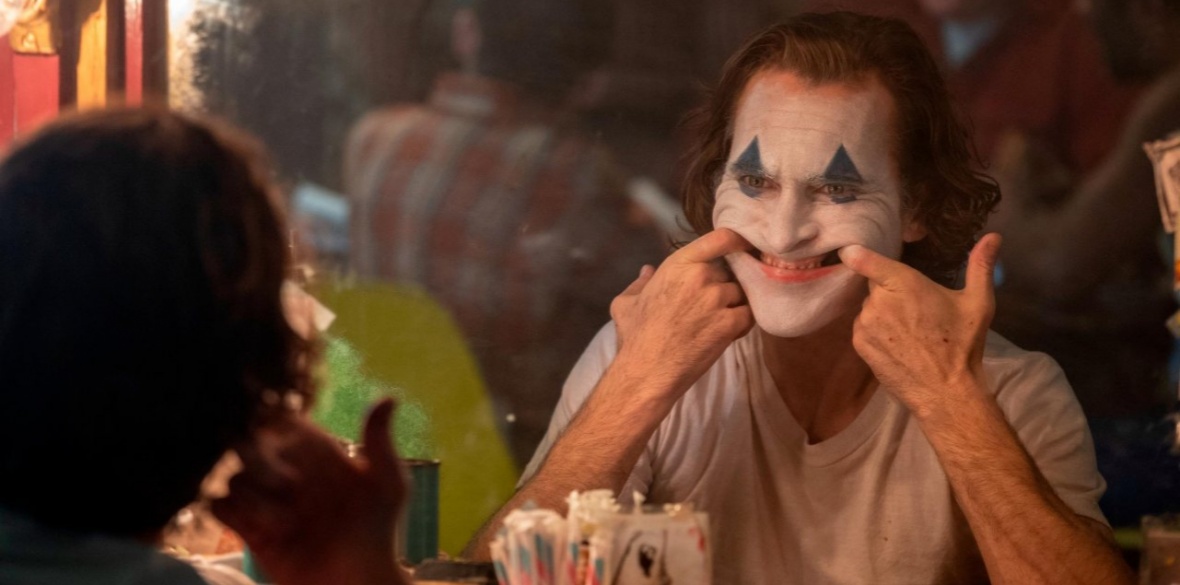This is the last article you can read this month
You can read more article this month
You can read more articles this month
Sorry your limit is up for this month
Reset on:
Please help support the Morning Star by subscribing here
THE Venice Film Festival began under Mussolini to promote fascist culture, but today it’s one most broad-reaching on the global circuit, with Virtual Reality productions, TV series and a range of cinema offerings from Hollywood blockbusters to more modest but no less significant releases.
Unsurprisingly, Roman Polanski, who fled a US conviction for sexual abuse over 40 years ago, courted controversy, with attempts to ban his film An Officer and a Spy.
Perhaps in response to what festival organisers felt was an attack on European film production, that didn’t happen. Polanski’s film, with its echoes of the Dreyfus affair and which highlights French power-elite anti-semitism, sold well internationally.
Italian critics gave the film the festival’s highest rating and it went on to scoop the Grand Jury Prize.
The top gong, the Golden Lion, went to Joker, a film with fascist undertones. It depicts 1970s Gotham City — New York — as a ruinous pit replete with anarchic mobs coaxed on by the villain of the title and his power seems to summon the future presence of a strong man — Trump, Bolsonaro, Salvini or, in this case, Batman — to tame him.
Meryl Streep is resplendent in the Netflix film The Laundromat which succeeds in the difficult task of making complex financial transactions transparent, in this case the tax evasion revealed in The Panama Papers.
It begins with the two lawyers from the Panama law firm explaining, in an opening which parrots Stanley Kubrick’s 2001, how the cavemen moved from barter to money to credit, the key to present-day financialisation.
It ends with Streep, who plays multiple everyday characters aggrieved by this highly organised elite tax evasion, coming out role and as herself raising her hairbrush in a Statue of Liberty pose and urging action against this manipulation.
Toby Wallace Marcello won best young actor award for his role in Babyteeth, a remarkable first feature about a family mired in drugs by Australian director Shannon Murphy.
A touching story of a teen dying of cancer who falls for the vitality of a young drug dealer, it’s a film which examines how Western capitalist society is overcome by drugs as each character in the family, except the dying teen, medicates their unfulfilled life.
The father is a psychiatrist, another kind of pusher, who prescribes to keep his wife, who wanted to be a pianist, pacified.
The young pusher gives the girl the will to live and she opens the family’s eyes, and her addict boyfriend’s about how they are failing to show up for their own lives and for her death.
The coda, where we find out the true wisdom of the dying teen as she leaves a living will, is a stunningly emotional scene.
Costa-Gavras’s returns to his Greek homeland with Adults in the Room. Z, the film that launched his career, dealt with the Greek dictatorship and his latest, based on the events around the Syriza party’s election and challenging of the austerity programme that had devastated the country, deals with a different kind of dictatorship — that of the German banks.
Their representative is wheelchair-bound finance minister Wolfgang Schauble, whose maniacal chant: “You must repay the debt” and refusal to allow Greece to leave the debt trap set for it by the French and German banks makes him a Doctor Strangelove for the era of financialisation.
Last, but not least, Carlo Sironi’s Sole also homes in on the Babyteeth theme of two dead-end millennials trapped in a world they did not create.
In it, a young Italian whose “profession” is jacking motorcycles is enlisted to take care of a Polish girl who is pregnant and must sell her baby in order to stake her claim to a life in western Europe.
The film, tough as nails, nevertheless finds hope in the fact that the two have each other but does not skimp on the sacrifices each must make to survive.
And a final scene where the girl’s anger at the unfairness of this world erupts and the boy supports her by simply listening, demonstrates that working-class solidarity still exists.
But today it is bought at a much higher price.












